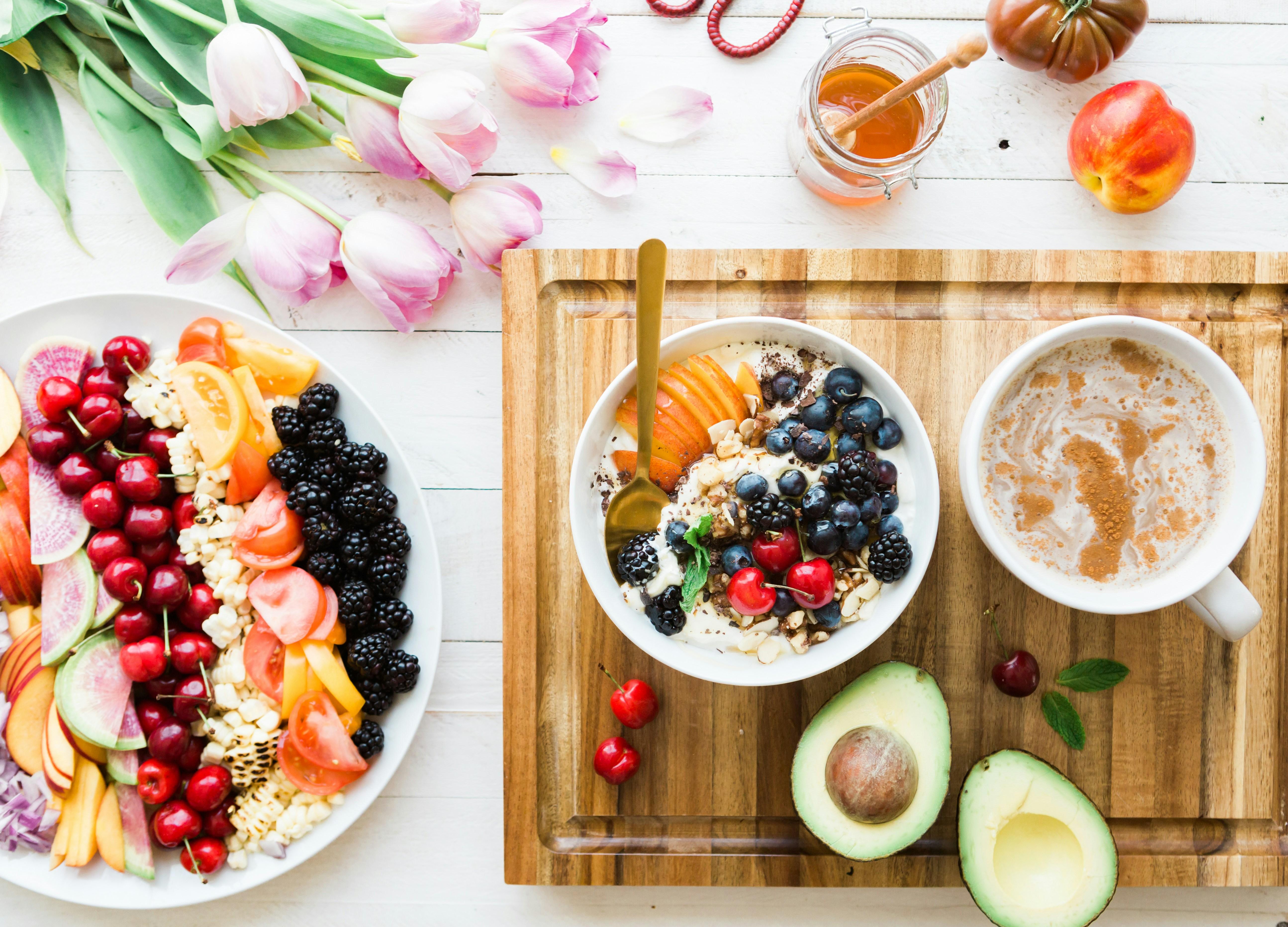Embarking on the journey of pregnancy is akin to setting sail on uncharted waters, where every decision you make contributes to the well-being of the tiny life growing within. Among these decisions, crafting a balanced diet stands as one of the most crucial navigational tools. It’s not merely about eating for two; it’s about nurturing your body with the right nutrients to support both your health and your baby’s development. This article delves into the art and science of building a balanced diet during pregnancy, offering guidance on how to harmonize your nutritional needs with those of your little voyager. Whether you’re a first-time parent or a seasoned traveler on this remarkable journey, understanding the essentials of a nutritious diet can empower you to make informed choices, ensuring a healthy voyage for you and your baby.
Essential Nutrients for a Healthy Pregnancy
During pregnancy, ensuring that you and your baby receive the right nutrients is crucial for a healthy journey. A balanced diet rich in essential nutrients can make all the difference. Start by incorporating a variety of vitamins and minerals into your daily meals. These include:
- Folic Acid: Vital for fetal development and reducing the risk of neural tube defects.
- Iron: Supports increased blood volume and prevents anemia, ensuring both you and your baby receive enough oxygen.
- Calcium: Necessary for building your baby’s bones and teeth, while also maintaining your own bone health.
- Omega-3 Fatty Acids: Crucial for the development of your baby’s brain and eyes.
- Vitamin D: Enhances calcium absorption and supports immune function.
Additionally, pay attention to protein intake as it is essential for the growth of fetal tissues, including the brain, and for increasing maternal blood supply. Aim for diverse sources such as lean meats, beans, and nuts. Staying hydrated and consuming plenty of fruits and vegetables will further ensure that you and your baby thrive throughout this exciting time.
Crafting a Meal Plan: Tips for Expectant Mothers
Ensuring a nutritious diet is paramount for the health of both the mother and the developing baby. To create a meal plan that caters to these needs, focus on a variety of food groups and nutrients. Here are some key elements to consider:
- Protein: Essential for fetal growth, aim to include sources like lean meats, eggs, beans, and tofu.
- Calcium: Vital for bone development, incorporate dairy products, fortified plant-based milk, and leafy greens.
- Iron: Supports increased blood volume, so include red meat, lentils, and spinach, pairing them with vitamin C-rich foods to enhance absorption.
- Folate: Crucial for neural tube development, ensure a steady intake through leafy vegetables, citrus fruits, and fortified cereals.
To maintain a well-rounded diet, it’s also important to listen to your body’s hunger cues and stay hydrated. Opt for whole grains over refined options to keep energy levels stable. Remember, balance is key, and consulting with a healthcare provider can help tailor a plan that suits individual needs and preferences.

Managing Cravings and Food Aversions Wisely
Pregnancy often brings a rollercoaster of cravings and food aversions, making it challenging to maintain a balanced diet. The key to managing these changes is flexibility and creativity in your meal planning. Cravings can sometimes be a signal from your body indicating a nutritional need. Instead of reaching for unhealthy options, try to find healthier alternatives that satisfy your desires. For example, if you’re craving something sweet, consider fruits like berries or a smoothie with natural sweetness.
On the other hand, food aversions can be managed by identifying the nutrients you’re avoiding and finding alternative sources. If the thought of meat makes you queasy, focus on other protein-rich foods such as legumes, nuts, or dairy products. Here are some strategies to help you navigate cravings and aversions:
- Listen to your body: Acknowledge your cravings and aversions, but aim for balance.
- Experiment with textures and flavors: Sometimes changing the way a food is prepared can make it more palatable.
- Stay hydrated: Sometimes cravings can be mistaken for thirst, so ensure you’re drinking enough water.
- Consult with a nutritionist: They can provide tailored advice to help you meet your nutritional needs.

Hydration and Snacking: Keeping Energy Levels Steady
Maintaining consistent energy levels during pregnancy is crucial for both the mother and the developing baby. Hydration plays a pivotal role in this process. Water is essential for various bodily functions, including nutrient absorption and digestion. Aim to drink at least 8-10 glasses of water a day, but remember that individual needs may vary. Infuse your water with slices of lemon, cucumber, or fresh mint to add a refreshing twist without any added sugars.
Smart snacking can be a game-changer in keeping energy levels stable throughout the day. Consider incorporating snacks that combine protein, healthy fats, and complex carbohydrates. Here are a few ideas:
- Nuts and Seeds: A handful of almonds, walnuts, or sunflower seeds can provide a quick energy boost.
- Yogurt with Berries: Rich in probiotics and antioxidants, this snack supports digestive health and satisfies sweet cravings.
- Whole Grain Crackers with Hummus: A balanced mix of fiber and protein to keep hunger at bay.
- Sliced Apple with Peanut Butter: Offers a delightful crunch and a dose of healthy fats.
By strategically hydrating and choosing nutrient-dense snacks, you can help ensure steady energy levels, supporting a healthier pregnancy journey.








